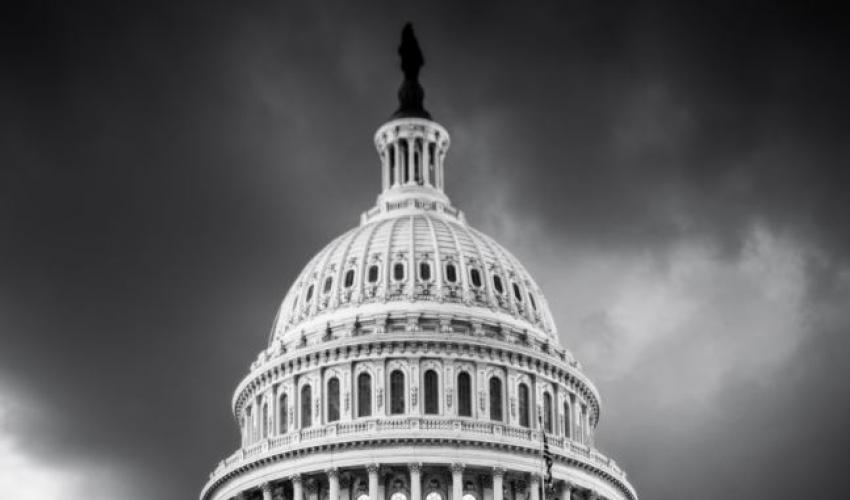
A CEO in Congress Is Valuable to the Company
NOT JUST TRUMP. A STUDY SHOWS THAT THE NUMBER OF MANAGERS WHO HOLD POLITICAL POSITIONS IN THE US HAS DOUBLED, AND THE BENEFICIARIES ARE MAINLY THE COMPANIES FROM WHICH THEY COMEOn November 8, 2016 Donald Trump won the U.S. Presidency. While his election was unusual in many respects, Trump is just one of several recent examples of corporate executives running for political office. William Harrison Binnie, a former CEO of Carlisle Plastics, Inc., unsuccessfully ran for the U.S. Senate in 2010. In 2000, Jon Corzine, a former CEO of Goldman Sachs, was elected U.S. Senator, and in 2005 became the governor of New Jersey.
These examples are far from isolated. In fact, the share of federal office holders (i.e., U.S. Congressmen, Senators, and Presidents/Vice-Presidents) who had executive experience prior to being elected remained relatively flat at around 13-14% between 1980 and 2000 but then increased rather sharply to 21.2% in 2014. Why do so many executives make the switch from a career in business and run for political office? Further, how does the increase in executives’ political participation affect their firms and the legislative agenda in the United States more generally? In a new working paper co-authored with Ilona Babenko of Arizona State University and Song Zhang of Boston College, we investigate these and several related questions by studying the incidence of corporate executives running in U.S. federal elections between 1980 and 2014.
Our first finding is that the increase in the share of executives holding federal elective office has been largely supply-driven i.e., this increase is due to a higher propensity of businessman candidates putting their names on the ballot rather than to a higher likelihood of them winning political office. In particular, the likelihood that a corporate executive in our sample runs for political office doubled between 1980 and 2014. While we can only speculate about the exact reason behind this rise, this period coincided with an increase in political uncertainty and a larger role of government in the economy (measured by the amount of government spending). Thus, it seems plausible that that higher potential benefits from political participation for firms might have induced more executives to seek political office.
Perhaps more importantly, we find that businessman politicians generate large benefits for their firms. To illustrate, an average firm in our sample adds more than $390 million to its stock value around the time when its executives win elections. Furthermore, some of these firm-level benefits accrue to executives directly, via their own stockholdings. An average businessman politician in our sample experiences a more than $540 thousand increase in the value of his/her holdings in his/her firm. We also find similar effects when Congress passes legislation introduced by corporate executives. Thus, it appears that the equity market expects businessman politicians to generate large private benefits for their firms (and perhaps for themselves).
In addition to firm-level benefits, businessman politicians, if they are systematically different from non-businessman politicians, may have aggregate effects on the legislative agenda. To examine such aggregate effects, we first analyze businessman politicians’ voting records and find that such politicians are significantly more likely, relative to non-businessman politicians, to vote for legislation supported by corporate interest groups and are less likely to vote for legislation supported by pro-consumer interest groups or labor unions. Businessman politicians are also more likely to collaborate with other businessman politicians in producing legislation, suggesting that they may be able to use their business ties to form coalitions that promote corporate interests.
Finally, we investigate the determinants of businessman politicians’ electoral success as well as their decision to run for office. We find that, taking into account many other characteristics, businessman politicians have a 44.4% higher likelihood of winning elections in which they participate. This is surprising, since we also find that businessman politicians, once elected, do not appear to be more effective than their peers at introducing and passing legislation. It appears that American voters value business experience in political candidates.
On the balance, it appears that over the last decade businessman politicians have increased their involvement in the legislative process, and this involvement may have generated substantial benefits for their firms and moved the balance of power toward pro-business interests
by Viktar Fedaseyeu
